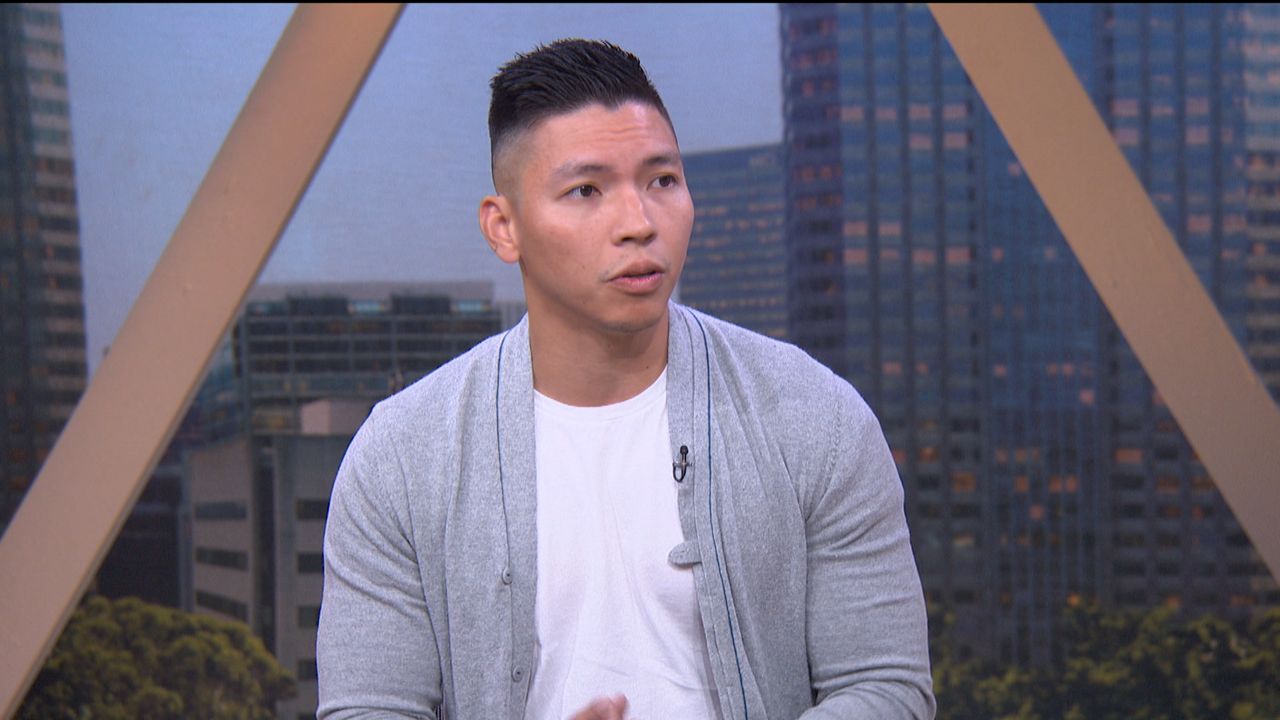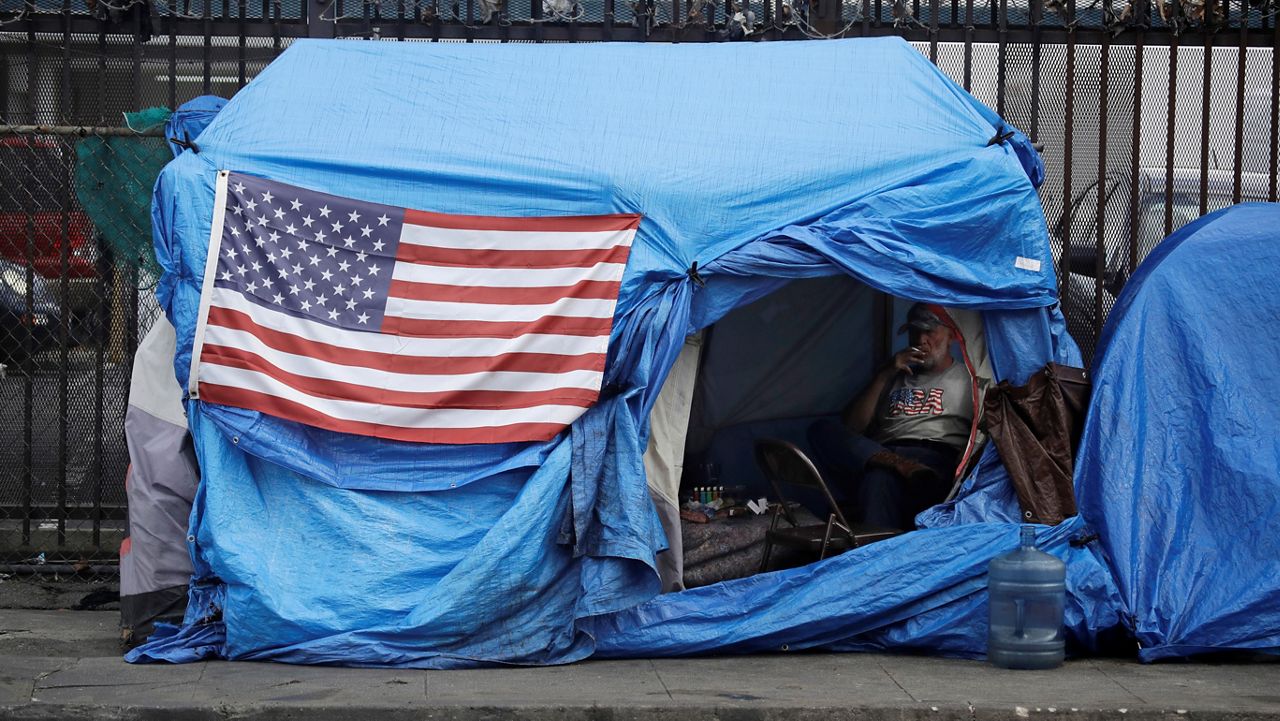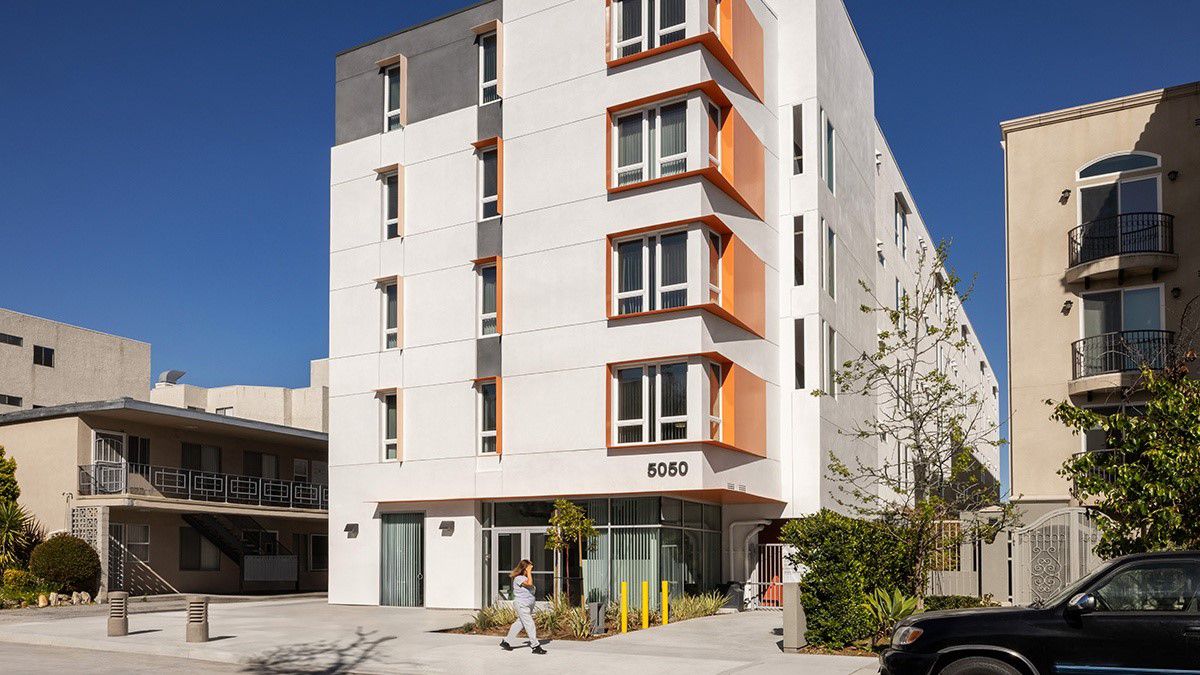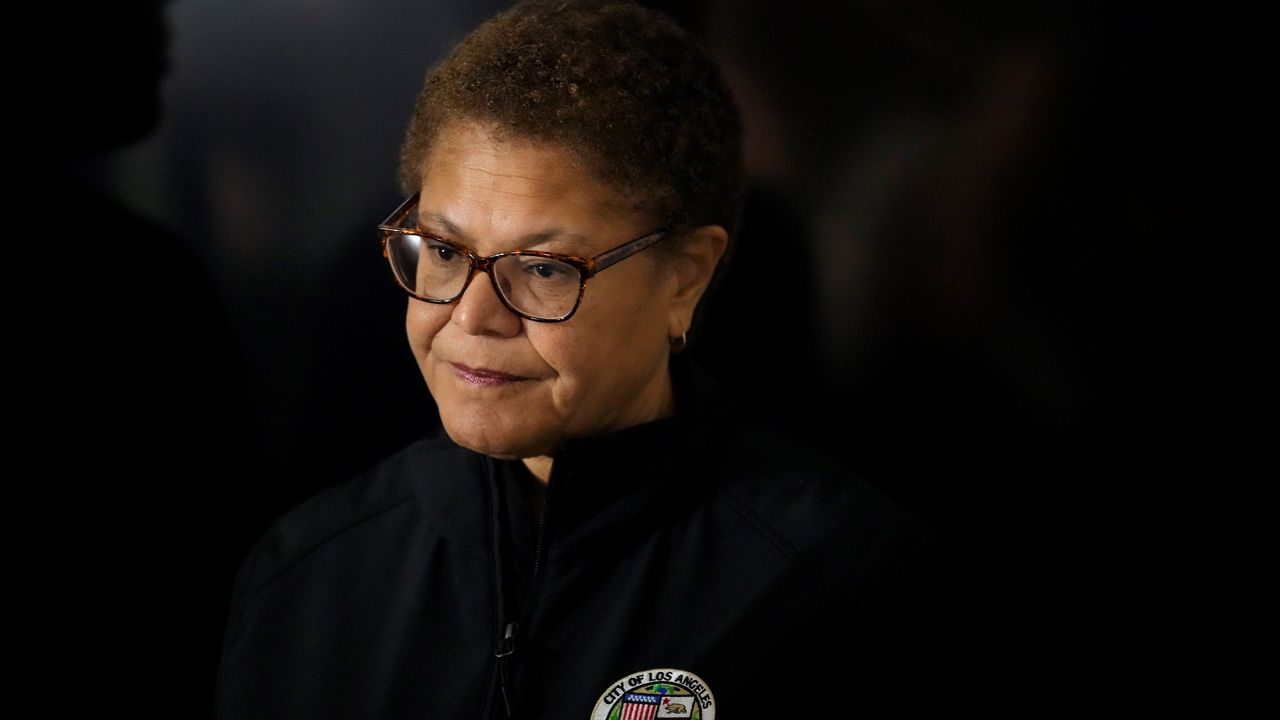LOS ANGELES — City Controller Kenneth Mejia Thursday released details on his audit of Mayor Karen Bass' homelessness program, Inside Safe, with the intent of measuring its effectiveness.
What You Need To Know
- The objective of the audit is to examine the city's performance monitoring and internal control systems
- It is also intended to determine if Inside Safe is achieving its stated goals and intended outcomes
- The controller's office intends to work with Bass' office and other city departments to provide an "objective data-driven assessment"
- The audit is expected to be completed later this year
In March, Mejia's office announced on social media that the Audit Services Division would conduct an audit of Inside Safe for the purpose of transparency and provide any recommendations to the program, ensuring it meets the needs of the city. The objective of the audit is to examine the city's performance monitoring and internal control systems.
It is also intended to determine if Inside Safe is achieving its stated goals and intended outcomes. Other areas that will be assessed in the audit, include data management; program evaluation functions; costs relative to other interim housing programs; program expenditures; encampment site selection process; among others.
The controller's office intends to work with Bass' office and other city departments to provide an "objective data-driven assessment." The audit is expected to be completed later this year.
According to a report from Los Angeles Homeless Services Authority filed on March 29, Inside Safe has resulted in 43 encampment operations, resulting in roughly 2,571 unhoused individuals entering interim housing. Of those, 1,522 remained in interim housing, almost 54% live in motels as part of the program, and 440 obtained permanent housing.
Additionally, 609 unhoused people exited Inside Safe, with about 366 of them returning to homelessness. The report noted that 36 homeless people who participated in the program died. Details surrounding the causes of death for these individuals were not included in the report.
In March, a federal judge approved an audit be conducted of each and every homelessness program by the city, as part of an ongoing settlement agreement with LA Alliance for Human Rights — a group of downtown business owners who accuse the city of failing to meet the terms of its 2022 settlement agreement to clear homeless encampments and create more shelter beds.
The controller's audit will be separate from the court-mandated audit.
U.S. District Judge David Carter, who is overseeing the LA Alliance settlement, agreed that an audit should be conducted to determine whether public funds are utilized effectively and efficiently by the city, LAHSA and/or service providers; whether accurate data is being used in reporting the results of homelessness assistance programs; whether the city and/or LAHSA has a process to hold service providers accountable for poor performance; and how many net new housing and shelter beds have been created, how many individuals have been placed, and therefore, how many people have been served by each of the programs since March 2020.
Similar independent audits have been undertaken in Oakland, as well as in Austin, Texas, and elsewhere.
The homelessness assistance programs to be scrutinized are to include, but are not limited to, programs used by Bass in her 2023-24 draft budget summary, which includes a $1.3 billion commitment to end homelessness, according to court documents.
Bass and City Council President Paul Krekorian had agreed in court that an outside firm should conduct the audit, which will cost about $2.2 million. Earlier this month, the City Council officially backed that plan after holding discussion in closed session.









